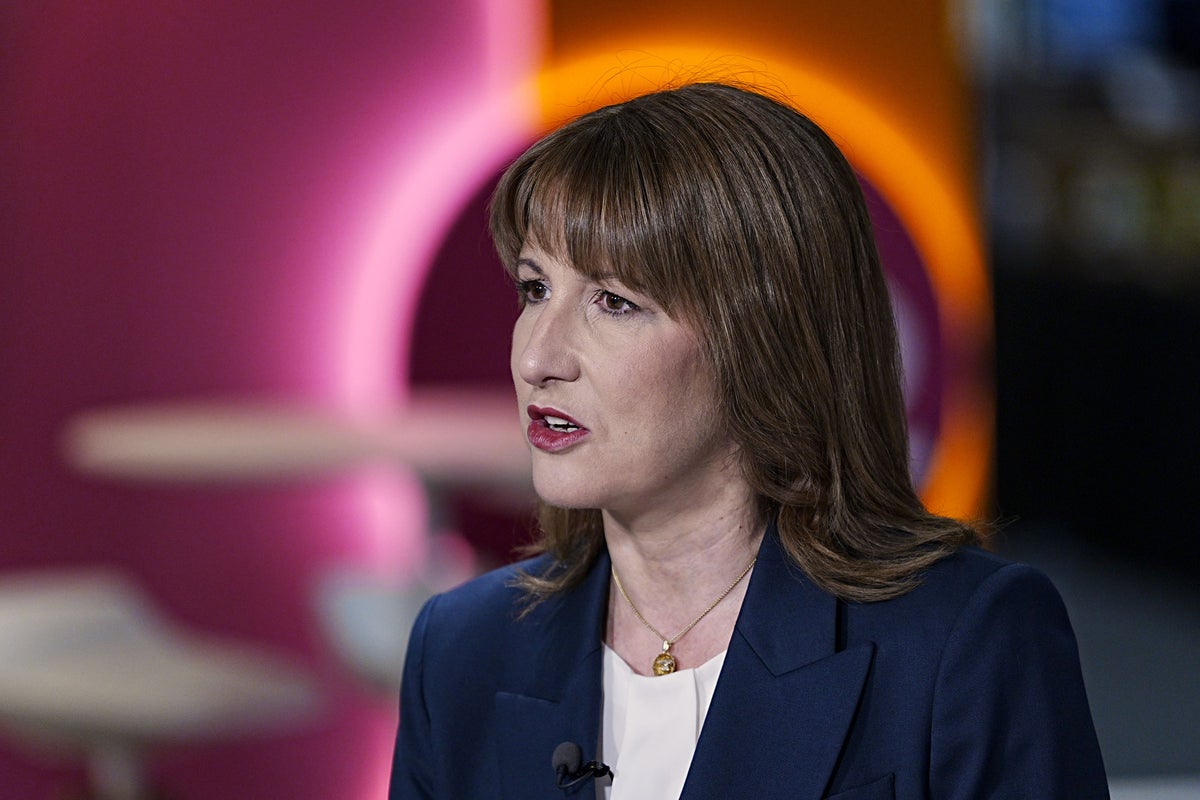
Rachel Reeves appears set to lift the two-child benefit limit in her Budget.
The Chancellor was asked directly about a report that she will make an announcement in her November statement, and did not deny such a move.
Charities, campaigners and many within the Labour Party have long called for the policy to be scrapped, criticising it for dragging children into poverty.
Asked about a Guardian report that she will lift the cap at the Budget, the Chancellor told a fringe event at the Labour conference: “Keir said in his speech today that we will reduce child poverty in this Parliament, but we will set out the policies in the Budget.
“I think we’ve been pretty clear this week that we can’t commit to policies without us explaining where the money is coming from.”
Adding that there were “real financial constraints” due to persistent inflation, tariffs, global conflicts and increased borrowing costs – along with expected changes to OBR (Office for Budget Responsibility) forecasts – she said: “I would be the first person to want to find some money down the back of the sofa to pay for lots of different things.
“But I have to be Chancellor in the world as it is, not in the world as I might like it to be.”
The two-child cap or limit was first announced in 2015 by the Conservatives and came into effect in 2017. It restricts child tax credit and universal credit (UC) to the first two children in most households.
Campaigners argue that 109 children across the UK are pulled into poverty by the policy every day.
In his conference speech on Tuesday, Sir Keir Starmer said Labour had lifted 100,000 children out of poverty by extending free school meals and described this as a “first step” on the “journey to end child poverty”.
He added that a “Britain where no child is hungry, where no child is held back by poverty, that’s a Britain built for all”.
The Guardian reported that the Treasury was looking at different options including whether additional benefits might be limited to three or four children, or whether there could be a taper rate meaning parents would receive the most benefits for their first child and less for subsequent children.
The Resolution Foundation think tank previously estimated that easing the two-child limit so families received support for the first three children they have would cost £2.4 billion in 2029/30 and would lift 280,000 children out of poverty.
The organisation said abolishing the two-child limit completely would be the most cost-effective way to reduce child poverty and that none of the previously rumoured options would be an “acceptable long-term solution”.
Estimates of scrapping the policy completely vary, with the Resolution Foundation estimating a cost of around £3.5 billion by the end of this Parliament (2029/30), while the Child Poverty Action Group and Joseph Rowntree Foundation have lower calculations of around £3 billion by then.
Reform UK leader Nigel Farage has previously said his party believed lifting the two-child benefit cap was “the right thing to do”.
Meanwhile, Conservative leader Kemi Badenoch has insisted the policy remains right even though it “may not be popular”, and said she would reinstate it if it was scrapped.
Shadow chancellor Sir Mel Stride, said: “Scrapping the two-child benefit isn’t just irresponsible – it’s unfair.
“Rachel Reeves must come clean: where’s the money coming from? Will it be more and more debt, or even higher taxes? The UK is in the grip of Labour’s cost-of-living crisis and the public deserve the truth.
“With both Reform and Labour committing to the spiralling welfare bill, only the Conservative Party is committed to Britain living within its means.”
Campaigners welcomed the news the limit might be lifted, but said the cap must be scrapped entirely.
Lord John Bird, Big Issue founder and crossbench peer, said: “We must build on this bold first step to smash the systems that entrench children in poverty and rob them of their potential – which means scrapping the cap in full.
“Tapered versions of the cap will not be enough to deliver Labour’s ambitious promise to reduce child poverty.
“We need proper, measurable targets to keep up this promising momentum and propel further action that can truly shift this malignant poverty crisis.”
A spokesperson for the Children’s Charities Coalition – Action for Children, Barnardo’s, The Children’s Society, National Children’s Bureau, NSPCC – said: “Removing the two-child limit entirely would immediately benefit hundreds of thousands of children and be a huge step forward in tackling the shameful levels of child poverty in this country.”
